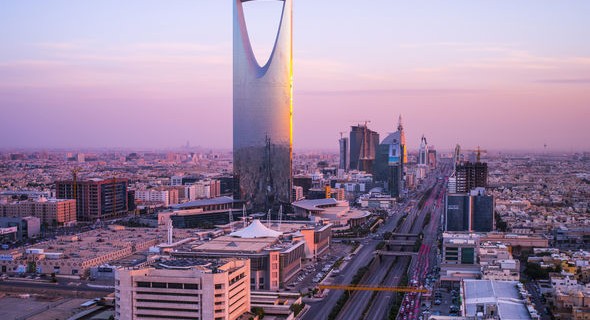Latest Saudi Arabia Tax and VAT updates; No VAT and Tax to pay

No income tax for Saudi citizens, says finance minister
Kingdom will keep VAT at 5% until 2020, and impose 50% tax on soft drinks, 100% on tobacco products from Q2
Saudi Arabia has reiterated that citizens will not pay income tax, and Saudi companies will not have to pay tax on their profits.
In April 2016, Saudi Deputy Crown Prince Mohammed bin Salman said the country has no plans to introduce taxes on income, property, or commodities as part of Saudi Vision 2030 which aims to prepare the kingdom for a post-oil era through economic diversification and lowering reliance on oil.
In a statement published by Saudi Press Agency, Mohammed Al Jadaan, the kingdom’s finance minister, said that citizens and Saudi companies will not be taxed as part of the ambitious reform plan.
He also confirmed that value-added tax (VAT), which will be introduced next year in line with other GCC nations, will “not be raised above 5 percent before 2020”.
In its Fiscal Balance Program 2020 report, published in December, the government said it would impose a 50 percent tax on soft drinks and a 100 percent tax on tobacco and energy drinks from the second quarter of 2017. It will also increase the “expat levy” payable by sponsors from the third quarter of 2017, with the fee increasing every year to up to $213.30 (SR800) per worker by 2020.
Last month, Saudi Arabia announced a new tax rate for investments exceeding $100 billion (SR375bn) by oil and hydrocarbons producers to be 50 percent, which Minister of Energy, Industry and Mineral Resources Khalid Al Falih said was in line with international benchmarks.
Government to pay within 60 days
Separately, the minister said during a meeting with Saudi businessmen that financial dues owed to contractors, suppliers and importers will be paid within a maximum period of 60 days from the date the entitlements were due.
In November, Arab News reported Saudi Arabia made a payment of $13.33bn (SR40bn) it owed to private companies, which represents 25 percent of their dues from different government agencies.
Al Jadaan said that non-oil private sector must grow by 8.5 percent annually and the sector’s GDP must rise by $443bn (SR1.6 trillion) if the goals of Vision 2030 are to be achieved.
The minister also revealed the private sector will be offered incentive packages estimated at $53bn (SR200bn) in the next four years.
Source: Arabian Business





























